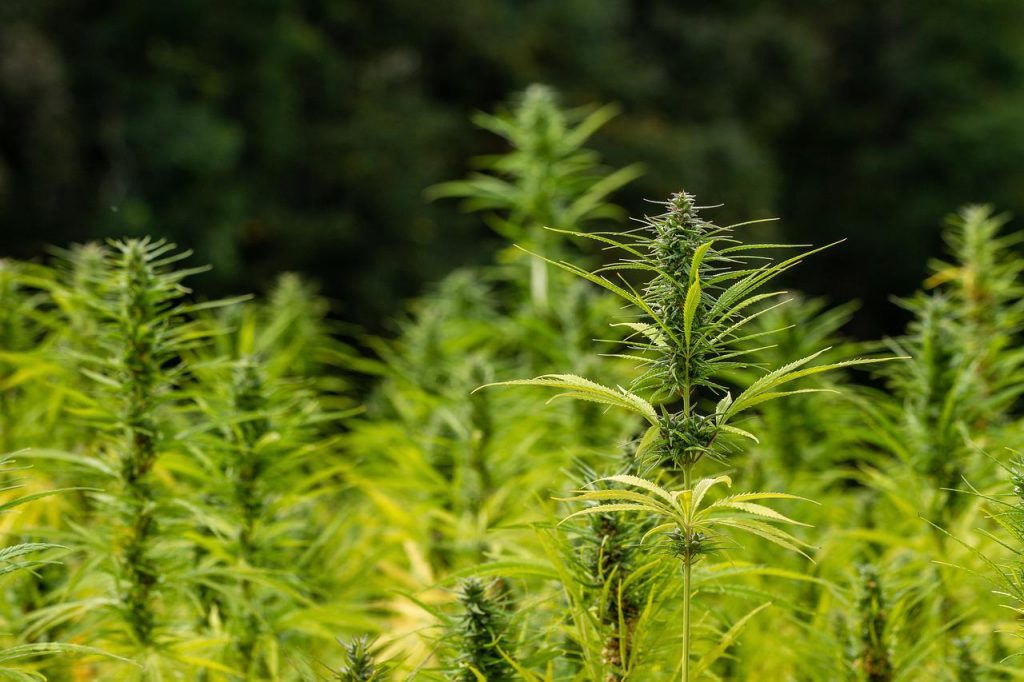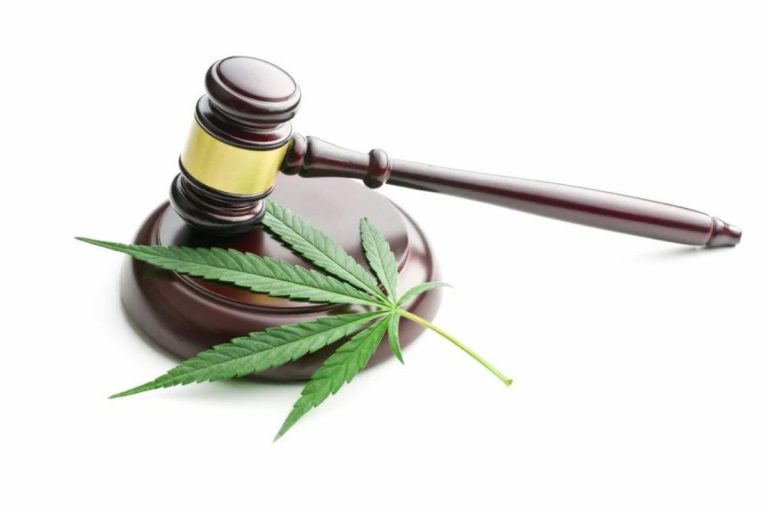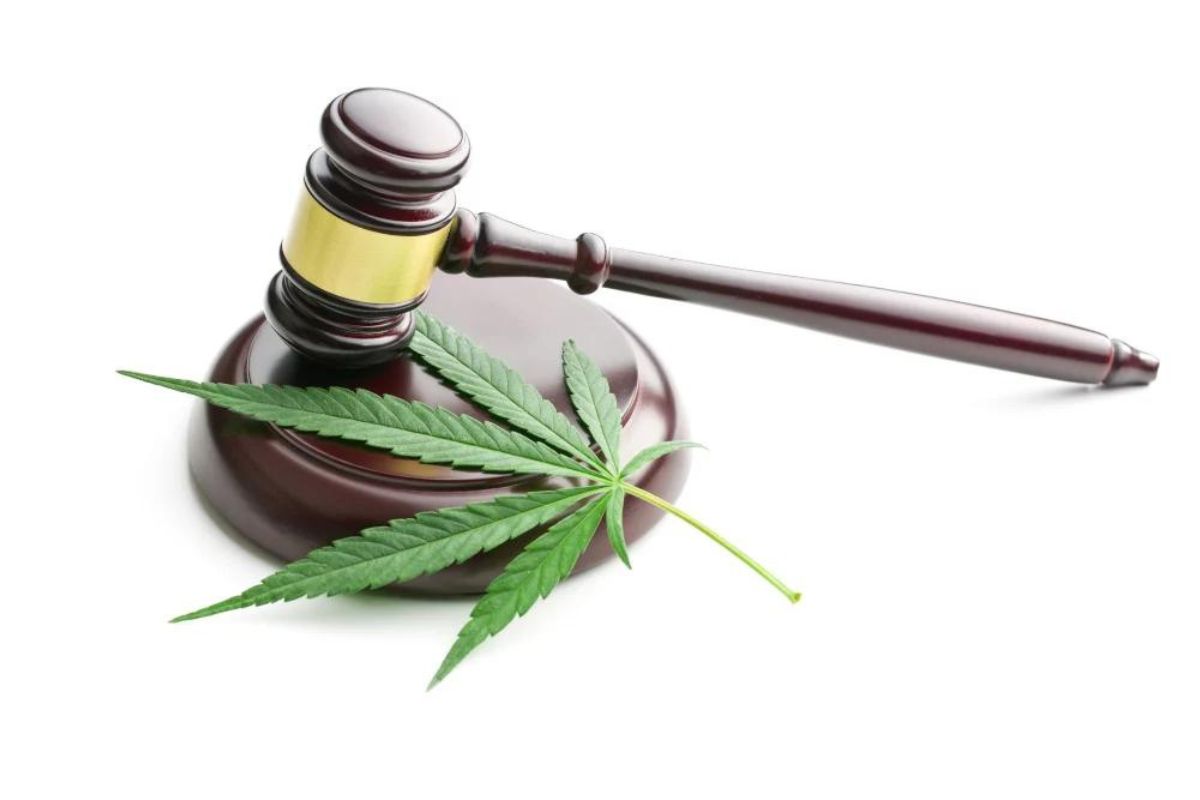Regulations surrounding hemp around the world - 2
The legal definition of hemp varies from country to country. In the United States, the 2018 Farm Bill defined hemp as cannabis sativa plants that contain 0.3% or less of THC. This was a major victory for the hemp industry, as it removed hemp from the Controlled Substances Act and paved the way for more widespread cultivation and use of the crop.
Other countries have different definitions for hemp. For example, in Canada, hemp is defined as any cannabis sativa plant that contains 0.2% or less of THC. In Europe, the definition of hemp is more restrictive, and only refers to plants that contain 0.1% or less of THC.
Despite these differences in definition, there is one commonality among all countries that have legalized hemp: the recognition of its value as an agricultural commodity
How do these regulations impact the global hemp market?
Hemp is a versatile and sustainable crop with a wide range of applications, from food and fiber to building materials and biodegradable plastics. The global hemp market is estimated to be worth $10.6 billion by 2025, but regulations around the world are stifling the industry’s growth.
In the United States, federal law prohibits the cultivation of hemp for commercial purposes. However, some states have passed their own laws legalizing hemp production, and the 2018 Farm Bill removed hemp from the list of controlled substances, opening up more opportunities for farmers.

Other countries have taken a more progressive approach to hemp regulation. Canada legalized industrial hemp production in 1998, and the country now has a thriving hemp industry. Europe is also home to a growing number of hemp farmers, thanks to more lenient regulations.
However, even in countries where hemp cultivation is legal, there are often strict rules governing how the crop can be grown and processed. These regulations can vary widely from country to country, making it difficult for farmers and manufacturers to operate on a global scale.
The Impact of Hemp Regulations on the Industry as a whole

The global hemp industry is worth an estimated $3.7 billion, and it’s only expected to grow. However, the industry is still largely unregulated, which can make it difficult to operate a business. In some countries, like the United States, the laws surrounding hemp are changing rapidly, while in other places they remain relatively static. This can create a confusing and ever-changing landscape for companies trying to do business in the hemp space.
The patchwork of laws and regulations around the world is one of the biggest challenges facing the hemp industry today.
Conclusion
Despite its legal status and potential as an agricultural and industrial crop, hemp faces several challenges. One major challenge is the lack of clear regulations governing its cultivation and use. This has led to confusion and uncertainty among farmers, manufacturers, and consumers alike.
Another challenge facing the hemp industry is the negative stigma that surrounds it. This is largely due to the fact that hemp is often confused with marijuana, another type of cannabis plant. Marijuana has been illegal in many parts of the world for decades, and this has made it difficult for people to accept hemp as a legitimate product.









